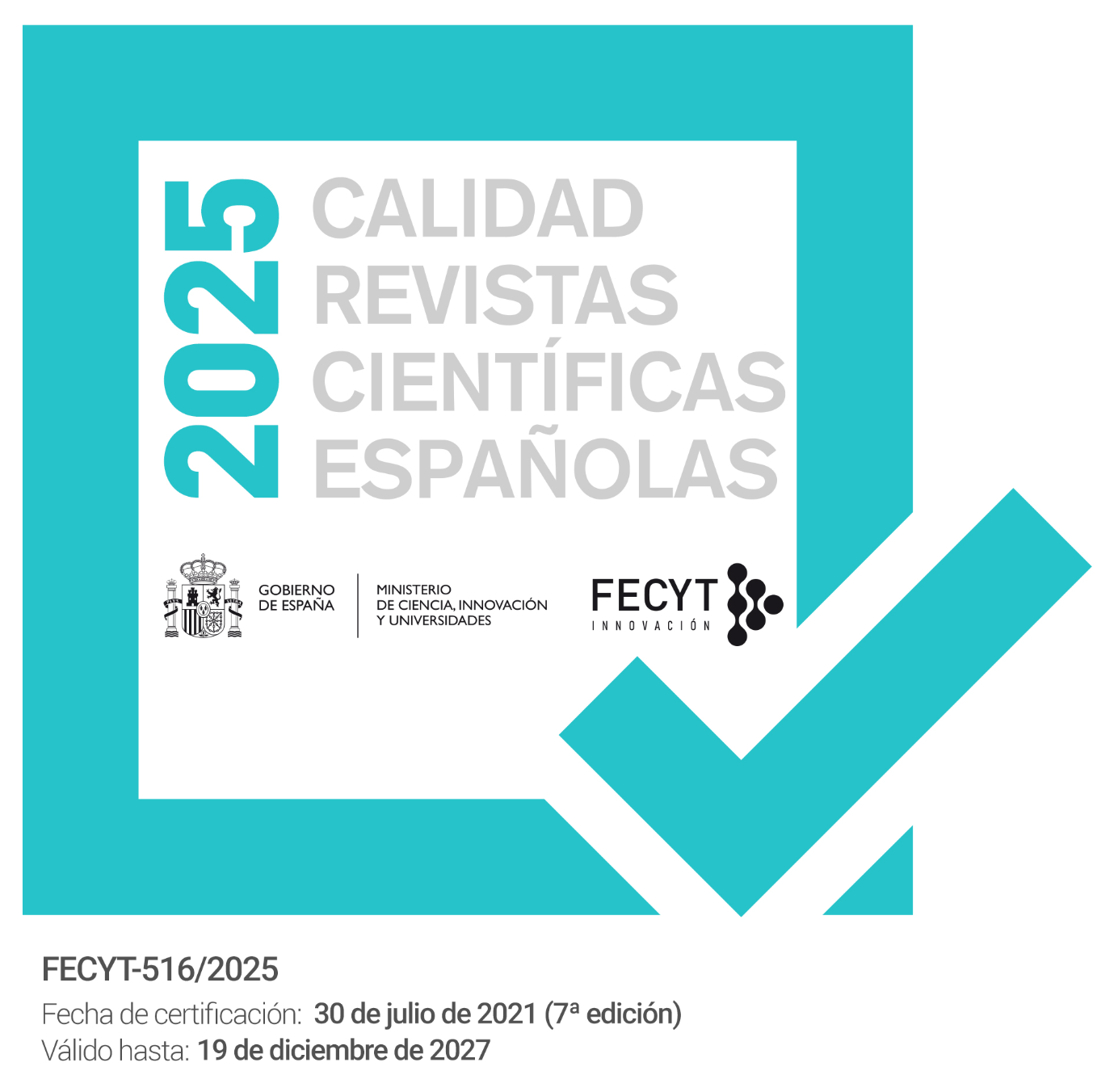VIEJA GRAMÁTICA VS. NUEVOS FORMANTES LÉXICOS
Abstract
Resistance to changes is a (erroneous) manifestation of survival instinct; but rigid materials are more prone to breakdown than flexibles ones. It is a reality that linguistic studies in the past were "new" at that moment, i.e., they belonged to "their" time. What do we, presente linguists, have to do in order not to break with tradition? The answer is straightforward: we have to study the new domains languages and the contribution of Internet to them. In this paper, I aim at propounding a series of linguistic characterisations of some units of the so-called ciberespeak, such as web, e-, .com and so on.Downloads
-
Abstract494
-
PDF (Español (España))414
The works published in this magazine are subject to the following terms:
1. The Publications Service of the University of Murcia (the publisher) preserves the economic rights (copyright) of the published works, and favors and allows the reuse of same under the license of use indicated in point 2.
2. The papers are published in the electronic edition of the magazine under a Creative Commons Attribution-NonCommercial-NoDerivative 3.0 Spain license (legal text). Papers may be copied, used, disseminated, transmitted and publicly exhibited if the following requirements are met: i) The authorship and the original source of its publication (magazine, editorial and URL of the work) must be cited; ii) The works cannot be used for commercial purposes; iii) The existence and specifications of this user license must be explicitly mentioned.
3. Self-archiving conditions. Authors can electronically disseminate pre-print versions (version before being evaluated) and / or post-print versions (version evaluated and accepted for publication). This makes possible its circulation and diffusion earlier and with it a possible increase in its citation and reach among the academic community. RoMEO color: green.









